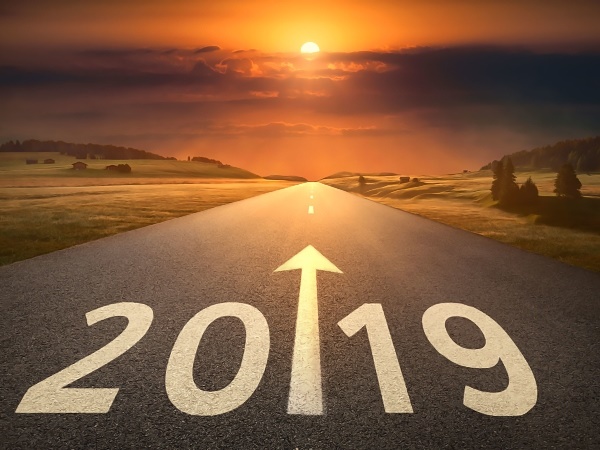
In circumstances where there are risks galore around us – political, economic or social – it's easy to fail to acknowledge the best we are capable of.
This is understandable: Most of our troubles in South Africa have their origins from – and manifest themselves in – political, economic and social spheres.
But our troubles can also be a rich source of inspiration. Since their origins can never be erased, we might as well turn them into propellers for progress.
Human beings have the unlimited potential to combine things in ways that can produce several desired outcomes. Our political, economic and social spheres can be rearranged to produce the results we want in the interest of the country.
What got me thinking about this is the beautiful rendition of Johnny Clegg's hit The Crossing by multigenerational and multi-genre artists of various racial backgrounds.
- SEE: 50 SA artists perform moving tribute to Johnny Clegg
The beauty is not only in how they performed the song with distinction, but also in the fact that the collaboration in many ways partly represents the achievement promised in the lyrics.
The song is about a dream that is within reach; the possibility to cross from suffering to prosperity...
O Siyeza, o siyeza , sizofika webaba noma (we are coming, we are coming, we will arrive soon) O siyeza, o siyeza, siyagudla lomhlaba (we are coming, we are coming, we are moving across this earth) Siyawela laphesheya kulezontaba ezimnyama (we are crossing over those dark mountains) Lapha sobeka phansi konke ukuhlupheka (where all our suffering will come to an end)
The original version came out in 1993 and was sung by Clegg - a Jew who defied apartheid, crossed the racial divide, learned to speak Zulu and collaborated with Zulu musicians. The song's political significance and timing couldn't have been missed.
The negotiations for a political transition were about to produce a new order with a promise to end the suffering caused by apartheid in all aspects of life – political, economic and social.
The performance of the song by a multiracial and multigenerational group was a fitting tribute to Clegg. It was also an important tribute to what has been achieved thus far in nation-building.
Nation-building is one of the constitutional imperatives we take for granted to the point that we find it acceptable that some among us have become full-time specialists in fuelling racist and ethnic hatred.
But the song is also a reminder that the promise of the new order where all suffering would be extinguished is far from being achieved. Poverty and unemployment are the biggest problems.
In part, the roots of the problems are embedded in history. But history alone is insufficient to explain their continued existence. To a certain extent, they are also a result of a combination of wrong policy choices and rampant corruption.
From this perspective, "the crossing" referred to in the song is incomplete. The artists who recorded The Crossing in a way acknowledged this by supporting the Friends of Johnny Clegg, an organisation that seeks to help the youth to access education opportunities.
Clegg, like many other South African artists of sound conscience, should be celebrated for being in tune with the mood of the nation during our political development. They sang to deliver nation-building messages, not to fill up the stadium for commercial purposes. The latter became a by-product; not the purpose.
We would be better if we heed the messages of the artists that are the true conscience of the nation.
Imagine if all of us, individually and collectively, committed ourselves to something better in the new year. Instead of merely wishing each other something great, we should do well and commit to becoming better people.
Politicians should commit to not being corrupt. Instead of pointing fingers at others, they should commit that they themselves won't be corrupt.
Civil servants should commit to cross beyond their minimum daily tasks.
Corporate leaders should commit to invest and employ more people.
Ordinary people should commit to not engaging in immoral and hazardous acts, such as destroying public infrastructure.
Just imagine if all the VBS primary looters and the secondary beneficiaries cross the moral rubicon and voluntarily return their loot.
There are so many crossings to be made. So, let's sing along to The Crossing while we cross in ways that will end the suffering in our country.
- Mkhabela is a regular columnist for News24.
Disclaimer: News24 encourages freedom of speech and the expression of diverse views. The views of columnists published on News24 are therefore their own and do not necessarily represent the views of News24.




 Publications
Publications
 Partners
Partners























